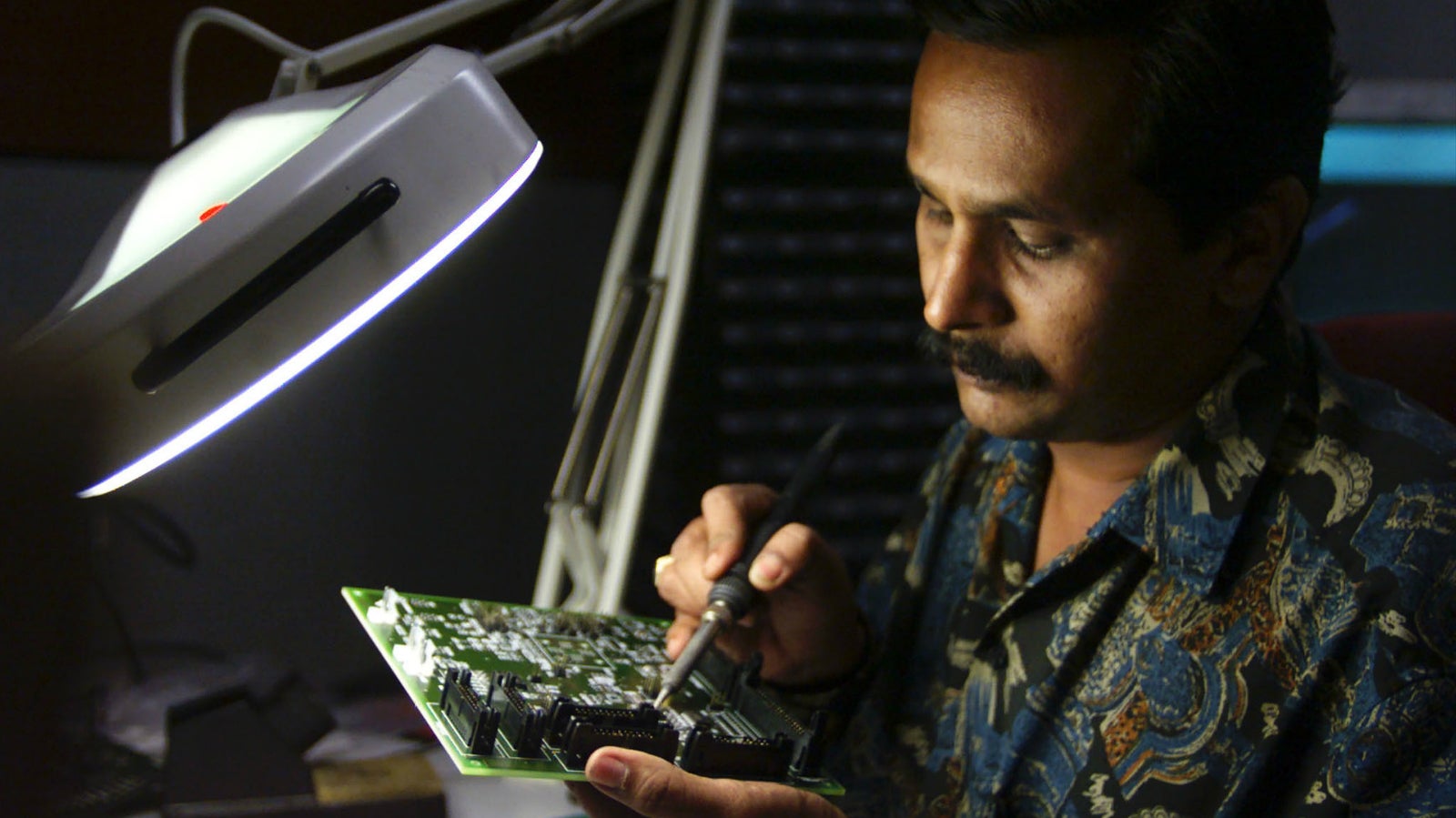India is granting more patents than before—but mostly to non-Indians
India’s patent office seems to be getting busier by the year.


India’s patent office seems to be getting busier by the year.
The country granted over 50% more patents in 2017 than it did in 2016, according to a report by the World Intellectual Property Organization (pdf) of the United Nations.
In 2017, India’s patent office granted 12,387 patents—up substantially from 8,248 in 2016 and 6,022 in 2015. Worldwide, the WIPO estimates, there were 1.4 million patents granted in 2017.
This increase has been a long time coming given that India has been criticised for sitting on a large stack of pending patent applications, as well as having a dismal ranking in the global intellectual property index.
Perhaps among the changes leading to the increase in patents has been the 2016 introduction of the National Intellectual Property Rights Policy, which seeks to boost innovation by simplifying procedures for granting patents, trademarks, and copyrights.
However, despite the expedition, the lion’s share of patents from India continue to go to foreigners.
While 1,712 patents were granted to resident individuals and entities, 10,675 went to non-residents. The same has been true in previous years, though the number of patents granted to resident entities has increased over the years—from 1,115 in 2016 and 822 in 2015.
“Demand for IP (intellectual property) protection is rising faster than the rate of global economic growth, illustrating that IP-backed innovation is an increasingly critical component of competition and commercial activity,” the WIPO director-general, Francis Gurry, reportedly said at the release of the report in Geneva.